
Perhaps European copyright laws regarding recordings of radio broadcasts have something to do with the fact that you can buy The Archives—a six-CD collection of first-rate Leonard Cohen concerts—for less than 25 bucks. Whatever the reason, it’s a bonafide bargain, and Cohen fans should grab it while they can. The package (which can be a bit hard to find but is available from Amazon’s Canadian site) combines three two-CD sets, each containing a show from the Continent.
The 25-track Once More for Marianne, with more than two hours of music, was broadcast in June 1976 from the Casino Barriere de Montreux in Switzerland. Cohen, who was then 41, was approaching the end of a 55-date European tour. The set features several standouts from his debut album, Songs of Leonard Cohen, among them “Hey, That’s No Way to Say Goodbye,” “Sisters of Mercy,” and “So Long, Marianne.” Seven numbers come from the second LP, Songs from a Room, including “Bird on a Wire” (two versions, one sung partly in French) and “The Partisan,” while the third album, Songs of Love and Hate, contributes a stellar “Famous Blue Raincoat,” plus “Diamonds in the Mine” and “Joan of Arc” (which Cohen abruptly abandons mid-song). From New Skin for the Old Ceremony, he offers six numbers, including “Who by Fire” and “Chelsea Hotel #2,” one of two versions of a song about his liaison with Janis Joplin. Also here are two obscurities: “Do I Have to Dance All Night,” which was a European single (and is available nowhere else as far as I know), and “Store Room,” a song from 1967 that surfaced as a bonus track on a 2007 reissue of Cohen’s debut album.
Upon a Smokey Evening, recorded three and a half years later in Bonn, Germany, features such subsequently important collaborators as Jennifer Warnes and Sharon Robinson as well as Raffi Hakopian on violin and John Bilezikjian on oud. The 20-track set, which clocks in at just under two hours, embraces many of the same classics as Once More for Marianne, but adds three numbers from the then-new Recent Songs: “The Guests,” “The Gypsy’s Wife,” and a majestic, strings-flavored “The Window,” plus “Memories” from the ill-fated Phil Spector–produced Death of a Ladies’ Man, and “Passing Through,” which appears in a different version on 1972’s Live Songs.
The two-and-a-half-hour The End of Love, which presents a May 1993 performance from Zurich, benefits from the fact that Cohen had a larger body of work to draw on by this time. It includes old favorites from the aforementioned albums but also draws from Various Positions(“Dance Me to the End of Love,” the now-classic “Hallelujah”), I’m Your Man (the title cut, “Ain’t No Cure for Love,” “Everybody Knows,” “Take This Waltz,” “First We Take Manhattan,” the wonderful, smile-inducing “Tower of Song”), and The Future (the title cut, “Waiting for the Miracle,” “Closing Time,” “Democracy”). The program ends with two bonus tracks, also from 1993: “There Is a War,” from a Boston concert, and “The Future,” from a Canadian TV show.
Granted, it’s not as if a shortage of live Cohen material existed prior to this release. He issued albums of his then-recent live work in 2009, 2010, and 2014; and you can find excellent earlier concert material on Live at the Isle of Wight (recorded in 1970), Live Songs (recorded in 1972), Cohen Live (recorded in 1988 and 1993), and Field Commander Cohen (recorded in 1994). But two-thirds of The Archives comes from the late 70s, a fruitful period that produced no other concert recordings; and all three shows here are loaded with fine performances and noteworthy spoken introductions. It’d be tough to pick a favorite from these three concerts but given the price of this bundled collection, you don’t have to.
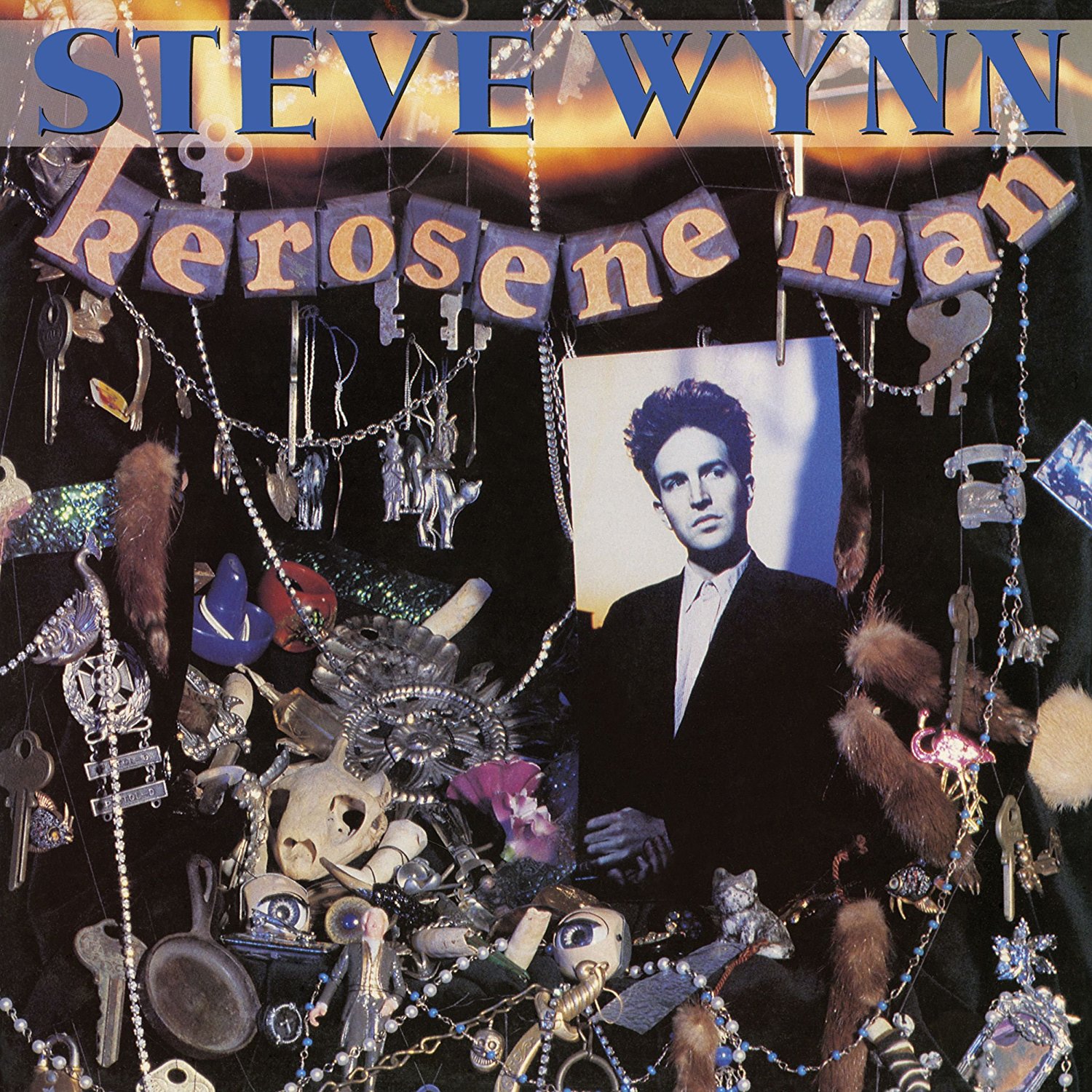
Must-Hear Reissues from the Dream Syndicate’s Steve Wynn
Steve Wynn, who led the excellent psychedelia- and Velvet Underground–influenced Dream Syndicate, struck out on his own in 1990 with Kerosene Man, which he followed in 1992 with Dazzling Display. Both albums have now been remastered and reissued with half a dozen bonus tracks each, including live performances, and covers of such songs as Bob Dylan’s “Watching the River Flow,” Lou Reed’s “Crazy Feeling,” and Paul Simon’s “Boy in the Bubble.” Guests on the albums include members of R.E.M., the Bangles, X, and Los Lobos.
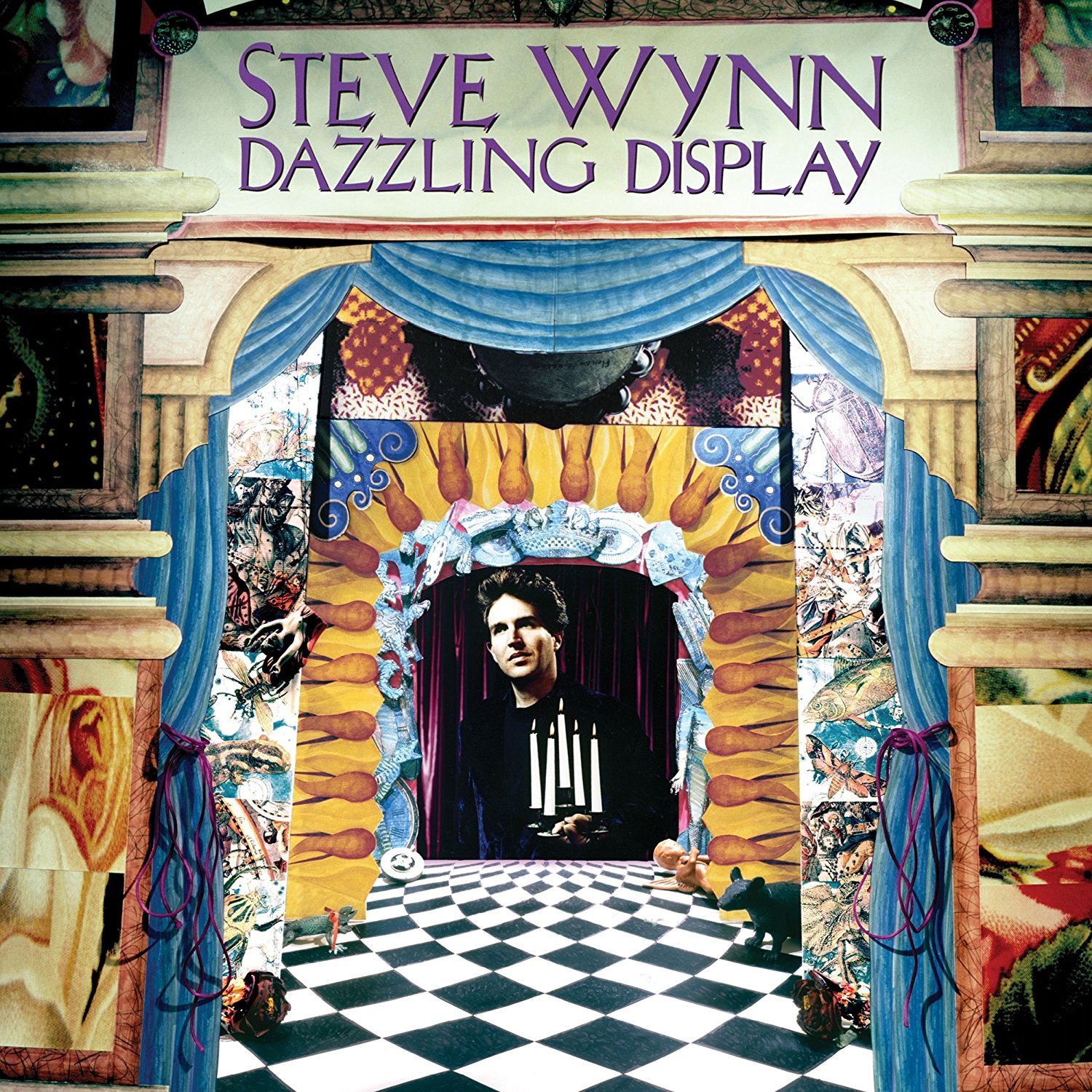
As Wynn writes in his informative liner notes for Kerosene Man, he went solo not because of any problem with the Dream Syndicate, but simply because he wanted to try something different and new. And so he did—to great effect. This is a big, bold sound, replete with sax, violins, fiddles, and cello, and the songs are consistently catchy, propulsive, and enveloping. The music and vocals recall both Blue Aeroplanes (who, as it happens, have also covered “Boy in the Bubble”) and Lloyd Cole. Listen to infectious and instantly accessible rockers like Kerosene Man’s title cut and “Killing Time” and Dazzling Display’s “Tuesday” and “When She Comes Around”—and then try to resist the impulse to play them again and again.
Also Noteworthy
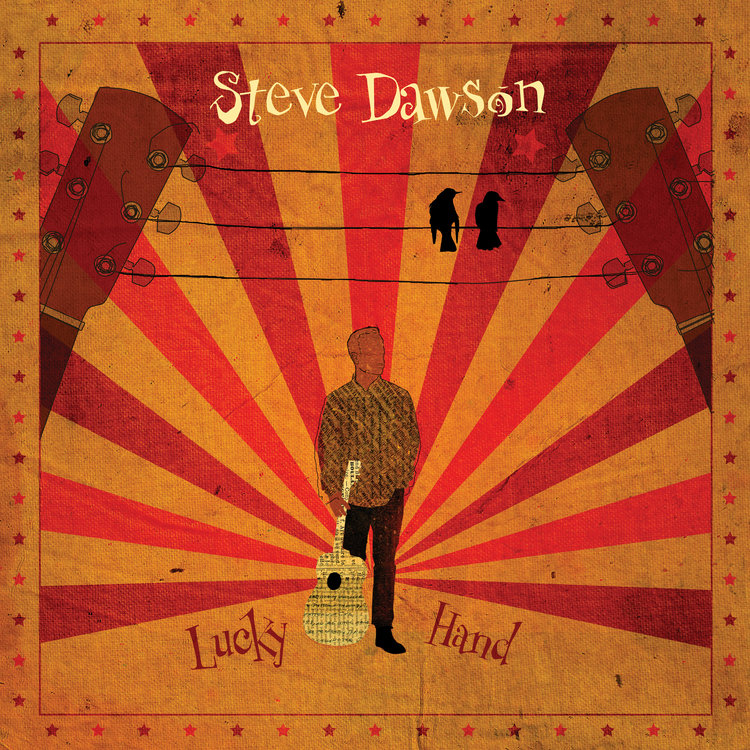
Steve Dawson, Lucky Hand. I’m not often drawn to wholly instrumental popular music albums, but this one—Steve Dawson’s eighth CD—pulled me in quickly. Fusing elements of classical, jazz, country, and folk, he plays slide and fingerstyle guitar and ukulele on the all-originals collection, which finds him performing in duos, trios, and quartets that incorporate violin, viola, cello, trombone, French horn, clarinet, mandolin, and harmonica (the latter from the one and only Charlie McCoy). Dawson’s influences reportedly range from Doc Watson and Chet Atkins to Ry Cooder and Van Dyke Parks, and the list of progenitors makes sense, given the richly textured songs on Lucky Hand, all of which are loaded with surprising twists and turns, and consistently engaging.
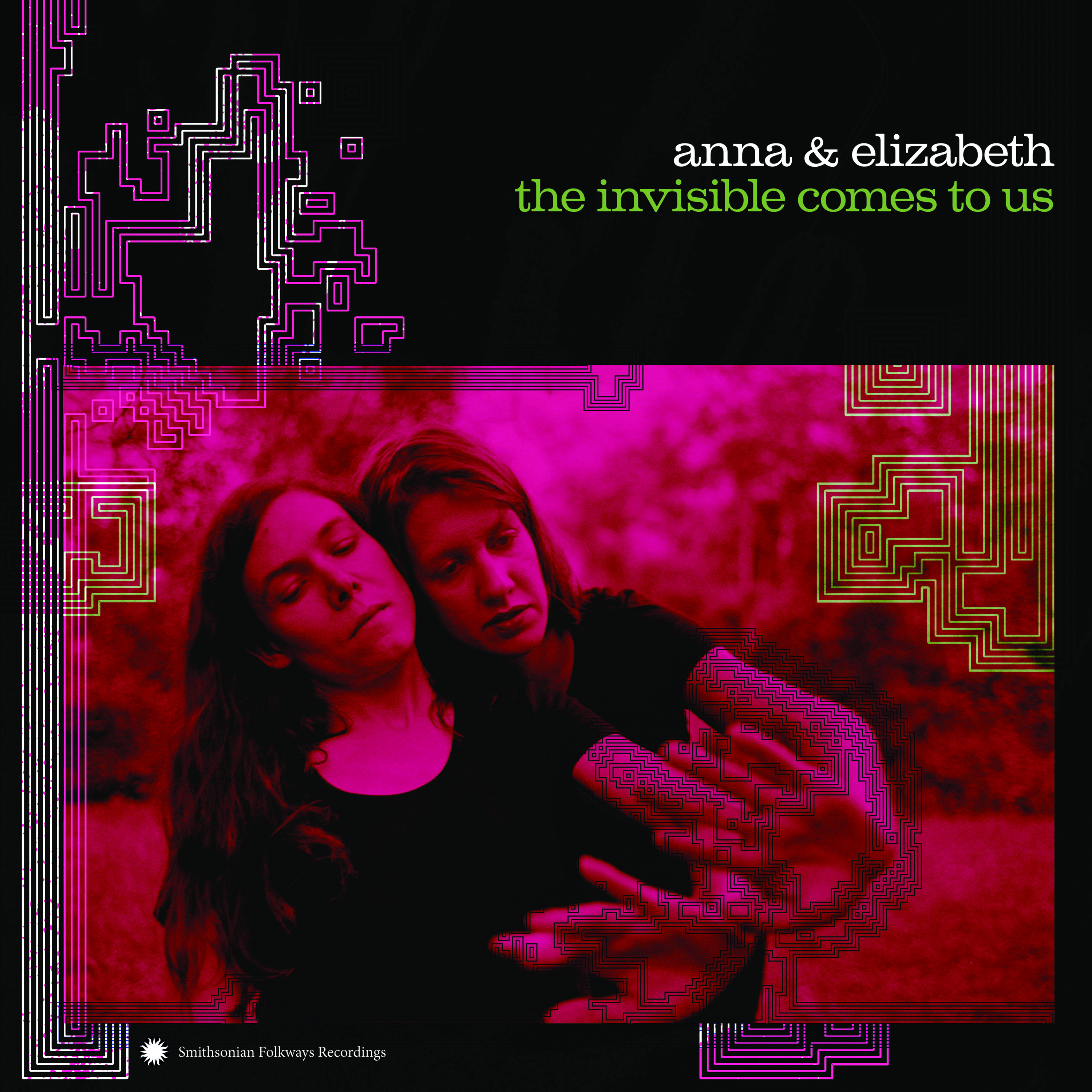
Anna & Elizabeth, The Invisible Comes to Us. On this fascinating, demanding, and frequently rewarding album, which blends the traditional and the modern, Anna Roberts-Gevalt and Elizabeth LaPrelle unearth and reimagine old folk songs, many from the first part of the last century. It may be difficult to conjure up a wedding of synthesizer-spiced avant-garde music and ancient Appalachian and New England ballads, but in the hands of this duo, the blend produces immersive, thickly textured soundscapes that employ woodwinds and brass and that get at the heart of these dark story songs. This is not background music, nor is it an album you’ll want to listen to every day. But it delivers old folk tales in a whole new way and, at its best, it’s haunting.
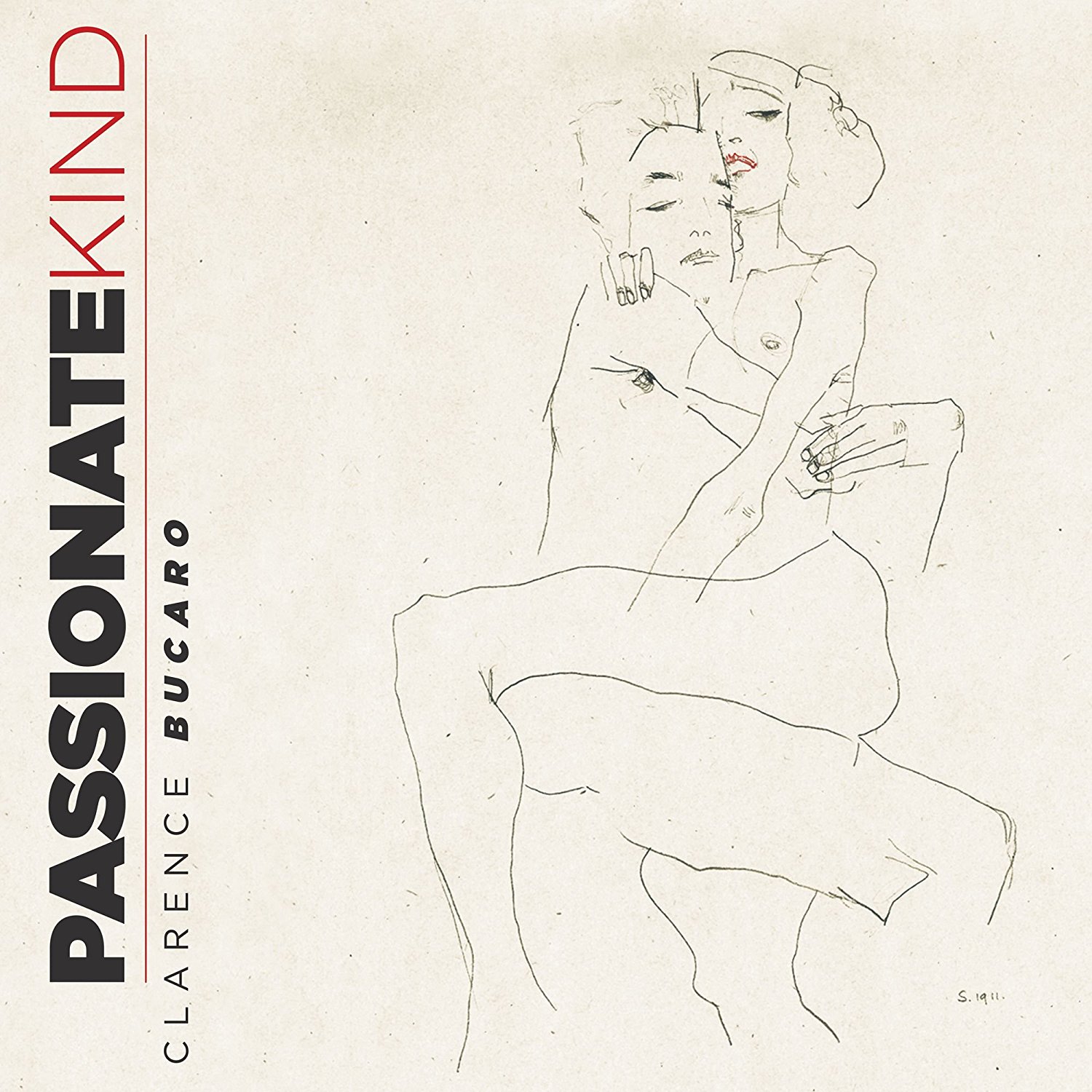
Clarence Bucaro, Passionate Kind. I’d never heard of Bucaro until this album arrived, but Passionate Kind turns out to be the 11th CD from the singer, who reminds me a bit of the early James Taylor. Looks like I have some catching up to do. The album keeps his warm, emotive pop/folk vocals front and center where they belong and uses instrumentation sparsely and effectively. His songs, which swing back and forth between optimism and melancholy, are well-constructed and melodic. This understated record won’t hit you over the head, but after a few listens, its intimate performances will likely win you over.
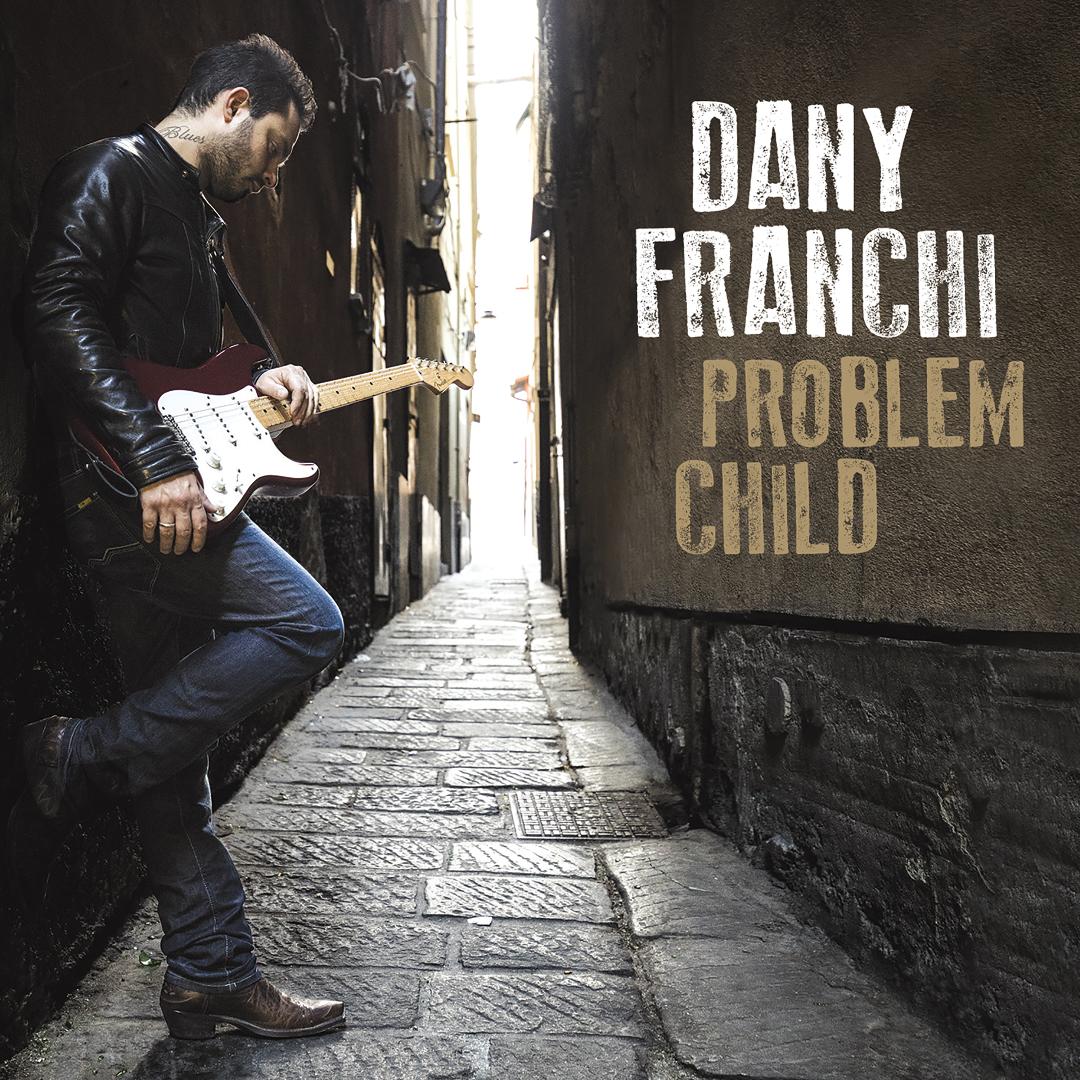
Dany Franchi, Problem Child. The soulful third album from Dany Franchi should satisfy anyone who has a soft spot for blues-rock. As titles like “Real Love,” “Run Around,” and “Give Me a Sign” may suggest, the lyrics are nothing special, but Franchi’s vocals get the job done and his guitar work frequently borders on the spectacular. You’ll also appreciate his band, which features piano, organ, electric and upright bass, drums, harmonica, and a horn section. Franchi wrote everything here except for Eddie Taylor’s “Big Town Playboy” and Freddie King’s “Sen-Sa-Shun.” From the first track to the last, this is turn-it-up-and-party music.
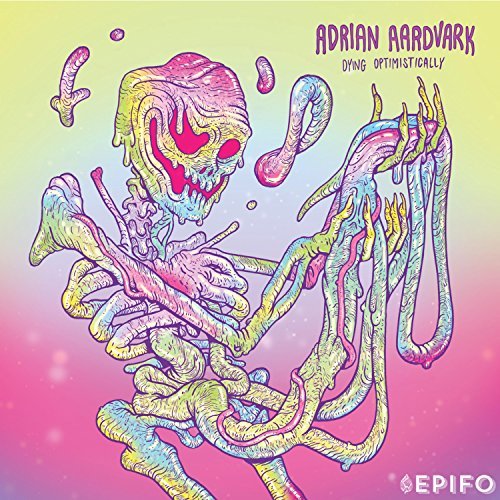
Adrian Aardvark, Dying Optimistically. Aardvarks have no close relatives and neither does this group, whose self-labeled “psychedelic grunge folk” sounds like the sort of weird experiments that sometimes issued from fringe groups in the 1960s. Lead singer Christopher Jay Stoff-Rigsbee reminds me of the late street artist Wild Man Fischer, whose Wildmania remains one of the strangest albums I’ve ever reviewed. That’s not necessarily good news, especially on tracks like the a cappella “I Don’t Wanna Love No More.” But the idiosyncratic vocals by Stoff-Rigsbee—whose introspection and fragility also recall Daniel Johnston—pair well with the inventive violin work by his wife, Shannon. The music is certainly adventurous and, at times, these folks really seem to be on to something fresh and noteworthy. But this is a wildly uneven record: sometimes terrific but at times almost unlistenable.
Wow! Am going online right now to buy this collection by one of my favorite artists. Thanks for the heads up. I also loved your book, Leonard Cohen on Leonard Cohen.
LikeLike
Reblogged this on Kenny Wilson's Blog.
LikeLike